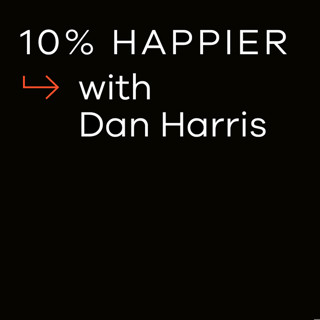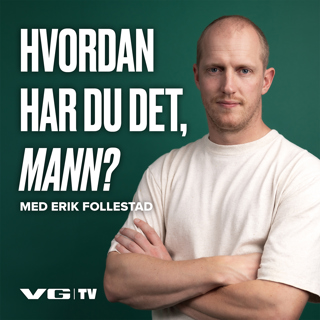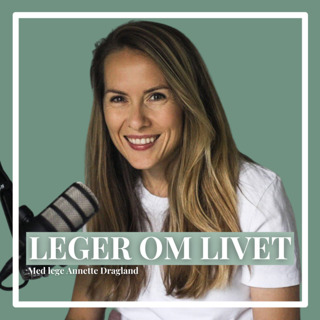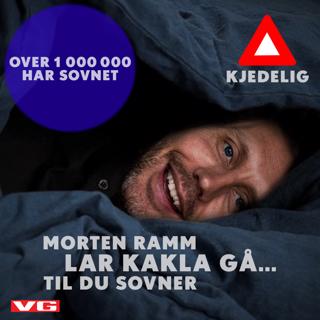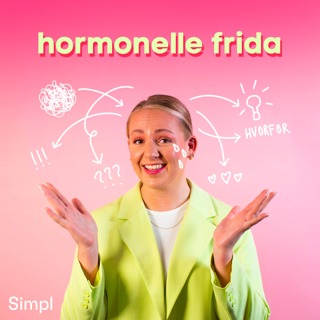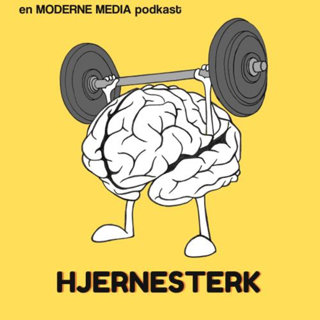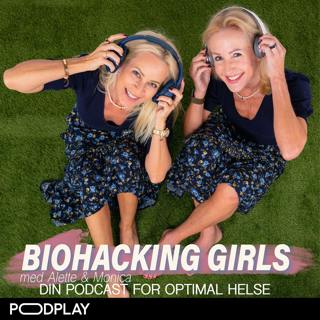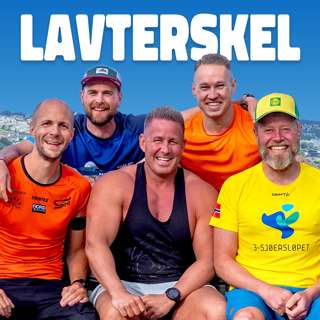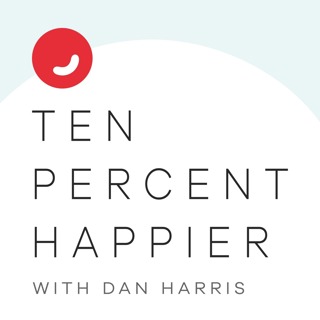
Dr. Amishi Jha & Maj. Gen. Walter Piatt
Dr. Amishi Jha, a neuroscientist and an associate professor of psychology at the University of Miami, and Maj. Gen. Walter Piatt of the U.S. Army might seem like an unlikely pair, but they have worked together to bring Mindfulness to the troops. Jha studies how the demands of high-stress, high-stakes professions may degrade the brain's ability to make decisions and she has found in her work that groups like accountants, students, athletes and military service members benefit from Mindfulness training. Piatt has served in numerous assignments all over the world, including tours in Korea and Panama, in his more than 35-year military career. He's also completed several operational deployments including Bosnia, Kosovo, Afghanistan and Iraq.
6 Jul 201654min

Mario Batali
World-renowned chef Mario Batali has 28 restaurants, 10 cookbooks, a daytime cooking show, a food emporium in New York City, and now plans for a food theme park. He also -- somehow -- finds time to keep a daily meditation routine. Batali says he started practicing mantra-based Transcendental Meditation (TM) six years ago after Jerry Seinfeld and his wife, Jessica, suggested he look into it. Batali said he now practices twice a day for 20 minutes, and that it's helped calm his temper.
29 Jun 201638min

Dr. Mark Epstein
Buddhist psychiatrist and author Dr. Mark Epstein has for years written about the overlap between Western psychotherapy and Eastern Buddhist philosophies. Epstein sat down with Dan Harris to talk about the impact meditation can have on the mind, both positive and negative, for those looking for an escape from suffering. He also went deep into the Buddhist concept of the "no-self," whether Enlightenment can be reached ... and what it might look or feel like. He has written numerous books on these topics, his most recent being, "The Trauma of Everyday Life." Epstein first discovered meditation in college and one of the "breakthroughs" he said that made the practice click for him happened while he was learning to juggle. "Once I got the three oranges in the air, my mind had to relax in order to keep it going and I understood, 'Oh yeah, this is what they're trying to teach me in mediation.'" Before he found meditation, Epstein said he was a very anxious person who worried all the time. Now after practicing meditation for more than 40 years, Epstein said he wouldn't know what he would be without it.
22 Jun 20161h 8min

Arianna Huffington
Arianna Huffington has a multimillion-dollar media website that reacts to world events by the millisecond, she's a mother of two -- and yet she says she always gets a good night's sleep. Not only that, she says wants to help everyone else do the same. Huffington, the co-founder and editor-in-chief of The Huffington Post, has a new book -- her fifteenth -- called "The Sleep Revolution: Transforming Your Life One Night at a Time." In the book, she traces sleep deprivation back to the Industrial Revolution and argues that our culture's chronic need to be "plugged in" is hurting our health, productivity, relationships and happiness. She started researching the effects of sleep deprivation after she collapsed from exhaustion in 2007, two years after launching The Huffington Post. It was also around this time, Huffington said, that she went back to meditation, a practice she had first started at age 13 while living in her home country of Greece.
15 Jun 20161h

Adam Shankman
Acclaimed movie producer and director Adam Shankman is best known for his upbeat, family-friendly movies, including "Hairspray," "A Walk to Remember" and "The Pacifier," but behind the scenes, Shankman says he spent years grappling with substance abuse and self-loathing. Growing up in Hollywood, Shankman, who is openly gay, remembers being "an incredibly happy kid." But when he was three years old, he says, his parents set him up with a doctor who was doing a study on sexual identity. Unbeknownst to his parents at the time, Shankman says he was placed in "conversion therapy." When he was a teen, Shankman turned to alcohol and later drugs to quiet the "ugly voice" in his head. In 2012, Shankman says, he entered a "really dark" place and the following year checked himself into a month-long rehab program -- where he discovered meditation.
8 Jun 201641min

Emma Seppala
Success and happiness: Can you have one without the other? Many may assume that these two things are at cross purposes but Emma Seppala, the science director of Stanford University's Center for Compassion and Altruism Research and Education, argues that that assumption is actually dead wrong. The Ph.D. holder and author of "The Happiness Track" sat down with Dan Harris to tackle this subject -- a central theme in Dan's own book, "10% Happier."
5 Jun 201654min

Chade-Meng Tan
Chade-Meng Tan was employee No. 107 at Google. But the software engineer's career took a turn when he began teaching meditation to the company's employees and executives, adopting the job title of "Jolly Good Fellow." While he's no longer at Google, Meng -- as everyone calls him -- continues to meditate and has written a new book, "Joy on Demand," detailing how anyone can access joy through meditation.
1 Jun 201653min

Chodo and Koshin
Thinking about death can be supremely difficult. Many of us try not to think about it at all – until we have no choice. But two Zen Buddhist monks are using meditation, and a generous dose of humor, to show people that the dying process does not have to be scary, and can even be uplifting. Sensei Robert Chodo Campbell and Sensei Koshin Paley Ellison are the co-founders of the New York Center for Contemplative Care, and have trained doctors, nurses, hospice care workers, and social workers to incorporate meditation and caring into their bedside manner with patients, and in their relationships with loved ones. The duo also teaches people to embrace death’s inevitability as push to live a fulfilling life – Zen Buddhist practice forces followers to look at this reality repeatedly – and how to treat a dying loved one with compassion instead of fear. Chodo and Kosin are the authors of the new book, "Awake at the Bedside: Teachings on Palliative & End of Life Care."
25 Mai 20161h 6min
